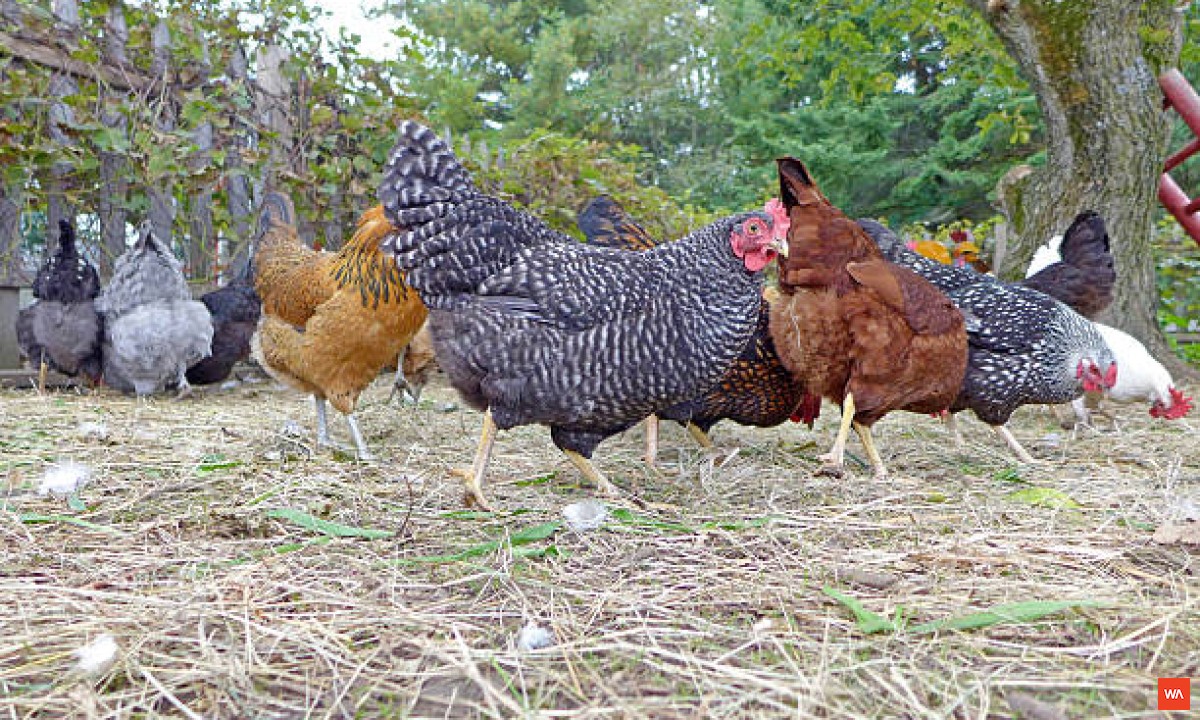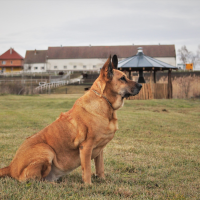
Free Range Chicken Farming
(4 reviews)
- Materials: 12 items
- Steps: 9 stages
- Completion: 7 years
Road Runner Chicken Farming
Materials
Stages
- Acquire land and housing - Every free-range poultry requires approximately 0.1 square meters of floor area, which translates to 10 birds per square meter. Hence the size of the free-range poultry home will depend on the number of critters to be reared.
- Buy chicken feed - The advantage of rearing free-range chickens is that they will get most of their food from scavenging the surroundings. Thus the feed costs are minimized. However, if you keep free-range chickens for commercial purposes, food from foraging the surrounding
- Buy Poultry Farming Equipment - If you want to make eggs year-round, you will need to install adequate lighting in your own facility. You ought to have the equipment, including feeders, drinkers, lighting systems, and nest
- Week 1 - 4 - Baby Chicks - You should purchase your day-old chicks from a reliable accredited hatchery or company where the parent stocks are well managed. You should enquire from other farmers to hear where they buy their chicks from. Your free-range poultry business’s success wi
- Week 5 - 15 - Teenager - Visible growth changes - Chicks will go through visible growth changes, including new primary feathers and a developing pecking order.It will be during this time that the sexual differences will become apparent.
- Week 16 - 17 - Time to switch from chick starter to layer feed. - At 16 - 17 weeks check nesting boxes for the coveted first egg. At this point, consider layer feed options so you can make a smooth transition.
- Week 18 - Chickens start laying eggs - When birds reach 18 weeks old or when the first egg arrives, slowly transition to a layer feed. Make the transition gradually to prevent digestive upset.
- Month 18 - Chickens break from egg Laying - The first molt usually occurs in the fall when days become shorter. Your flock will take a break from egg laying and shed feathers for a few weeks. This is a completely natural annual
- Laying hen retirement - Although a laying hen will stop laying as she ages, she still has an important place in the flock as a steady companion who brings joy to the entire family.




